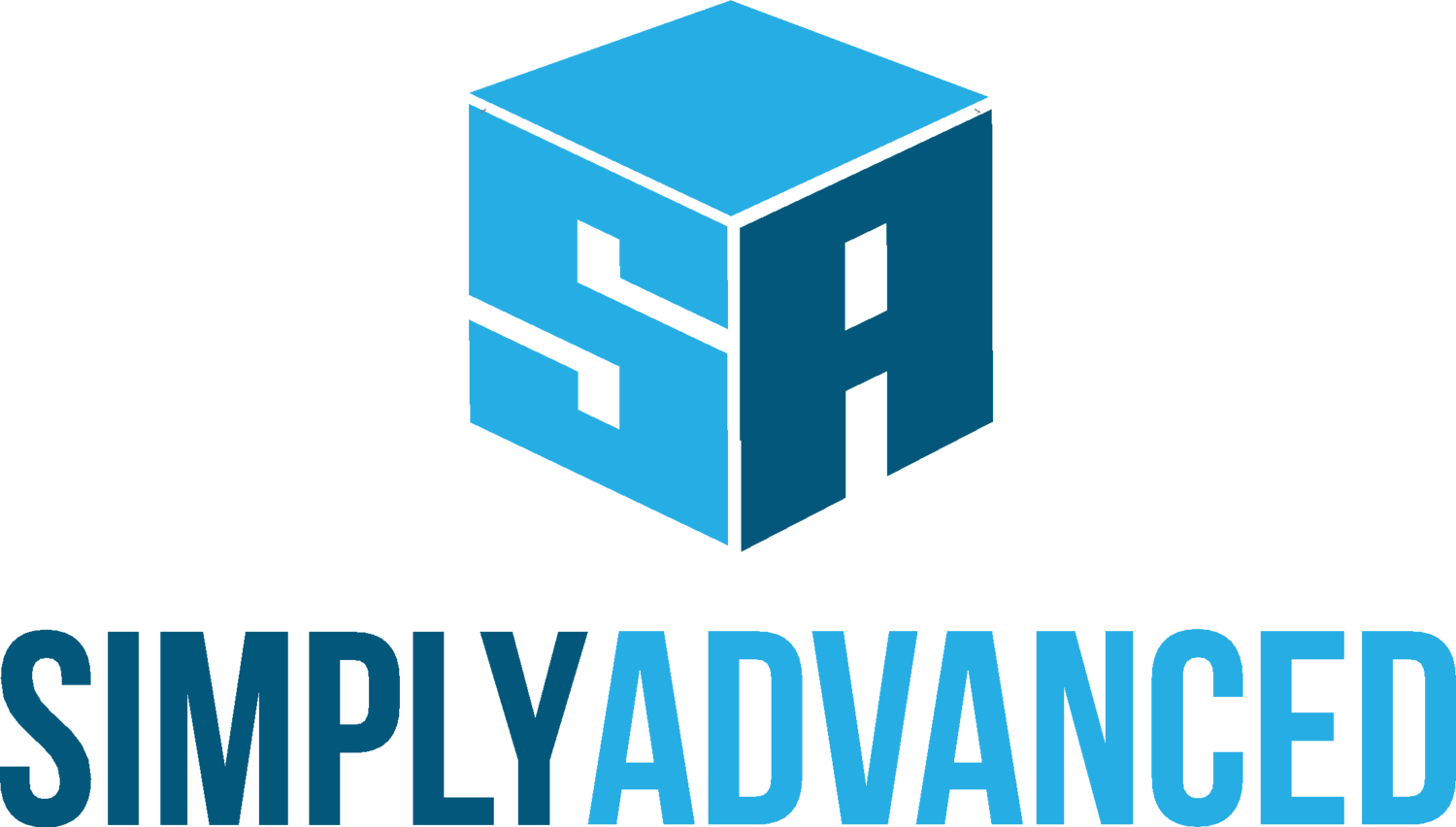Letting Go of Control and Embracing the Moment
/It’s fascinating to consider the things in life we believe we must control — and how different they can be from one person to the next. It might be trying to dictate a specific outcome and feeling the need to have your hands in every step along the way. It could mean controlling people to achieve a desired result or micromanaging others in an attempt to show authority or exercise a flawed form of leadership.
If you were to ask others — or yourself — “Do you want to be controlled?” the answer would almost certainly be a resounding “No!”
So why try to control or dictate outcomes? A better approach is to embrace, understand, guide, help, coach, and ultimately support people as they become the best versions of themselves. This doesn’t mean taking a passive stance — quite the opposite. When you truly value people and slow down enough to create space for patience, you begin to see the real person. That allows you to help them, and yourself, move toward shared goals and rewarding experiences.
If you’ve spent years trying to control outcomes and, by extension, people, it will take practice to let go. But with self-awareness, empathy, and consistent effort, you’ll start to see progress: stronger connections, more cohesive teams, and a boost in your own self-esteem and confidence.
Let go of control. Embrace people and everything this wild ride called life has to offer! And who knows — you may enjoy this blog, or you may not. Either way, that’s perfectly fine. I would never try to force or control your thoughts; they’re entirely your own.
Ready to let go? I’m here to help! Schedule a call so we can discuss the different ways I can help you through my proven leadership workshops, training programs, and 1:1 performance coaching. Taking responsibility is taking action—and taking action leads to results!






